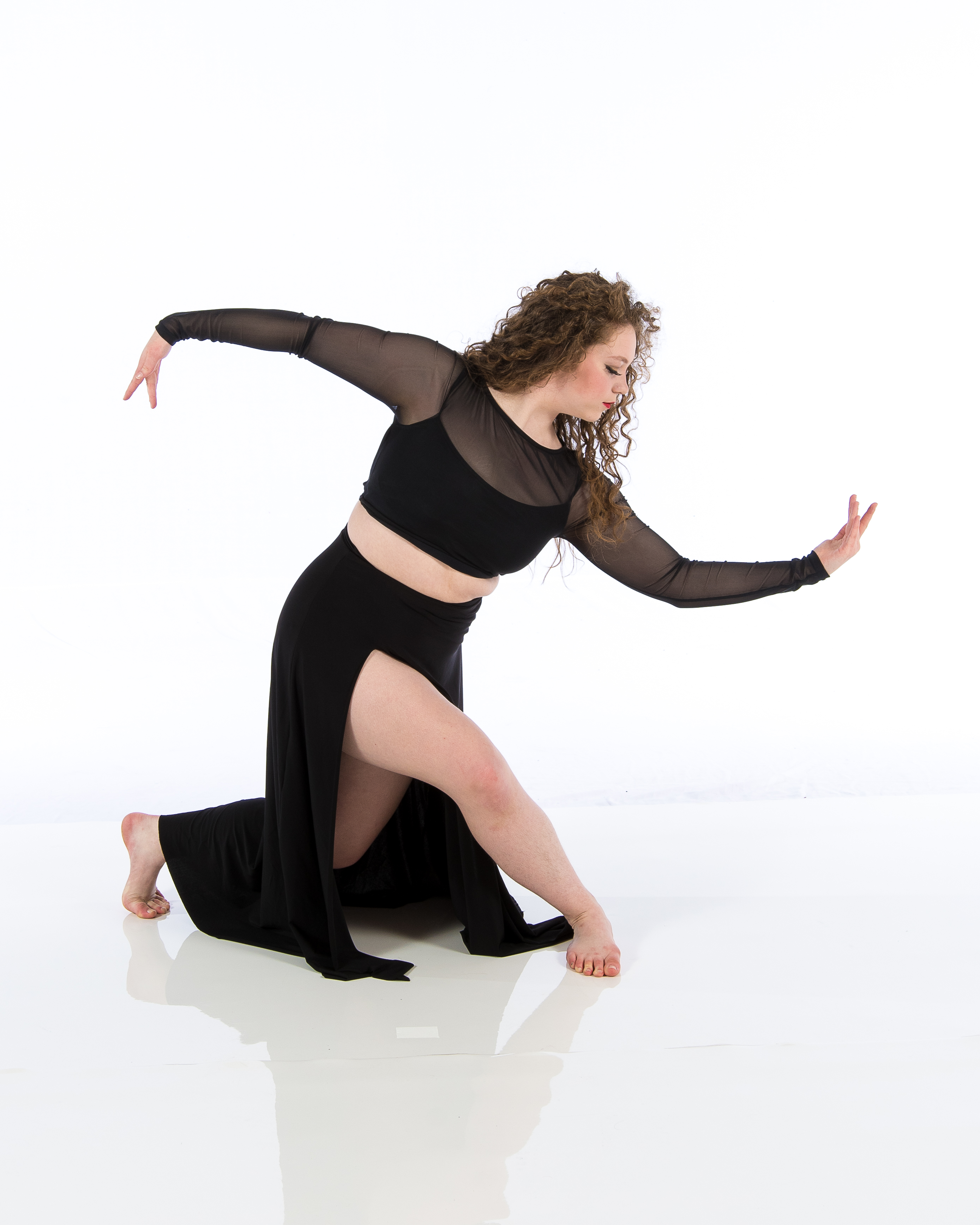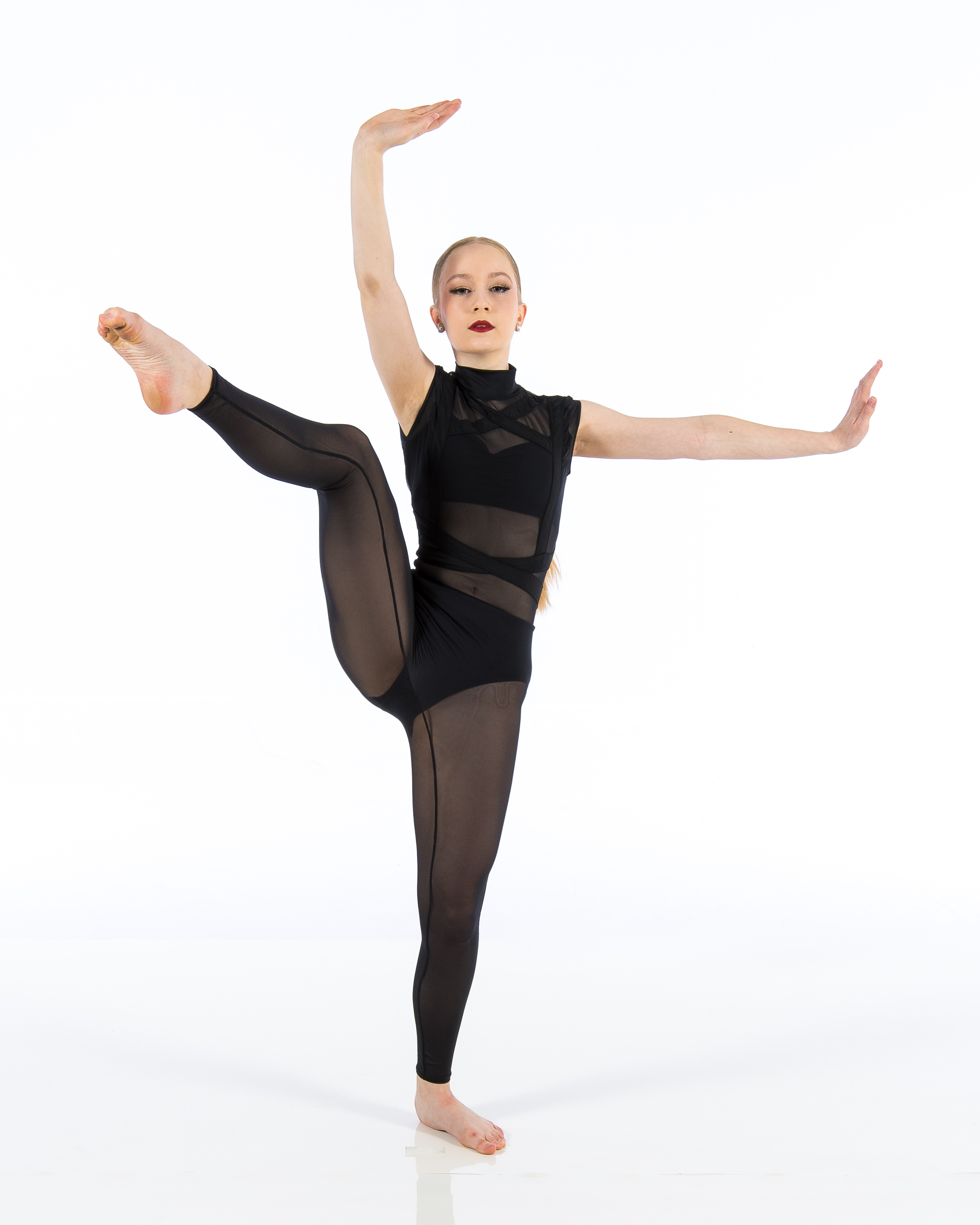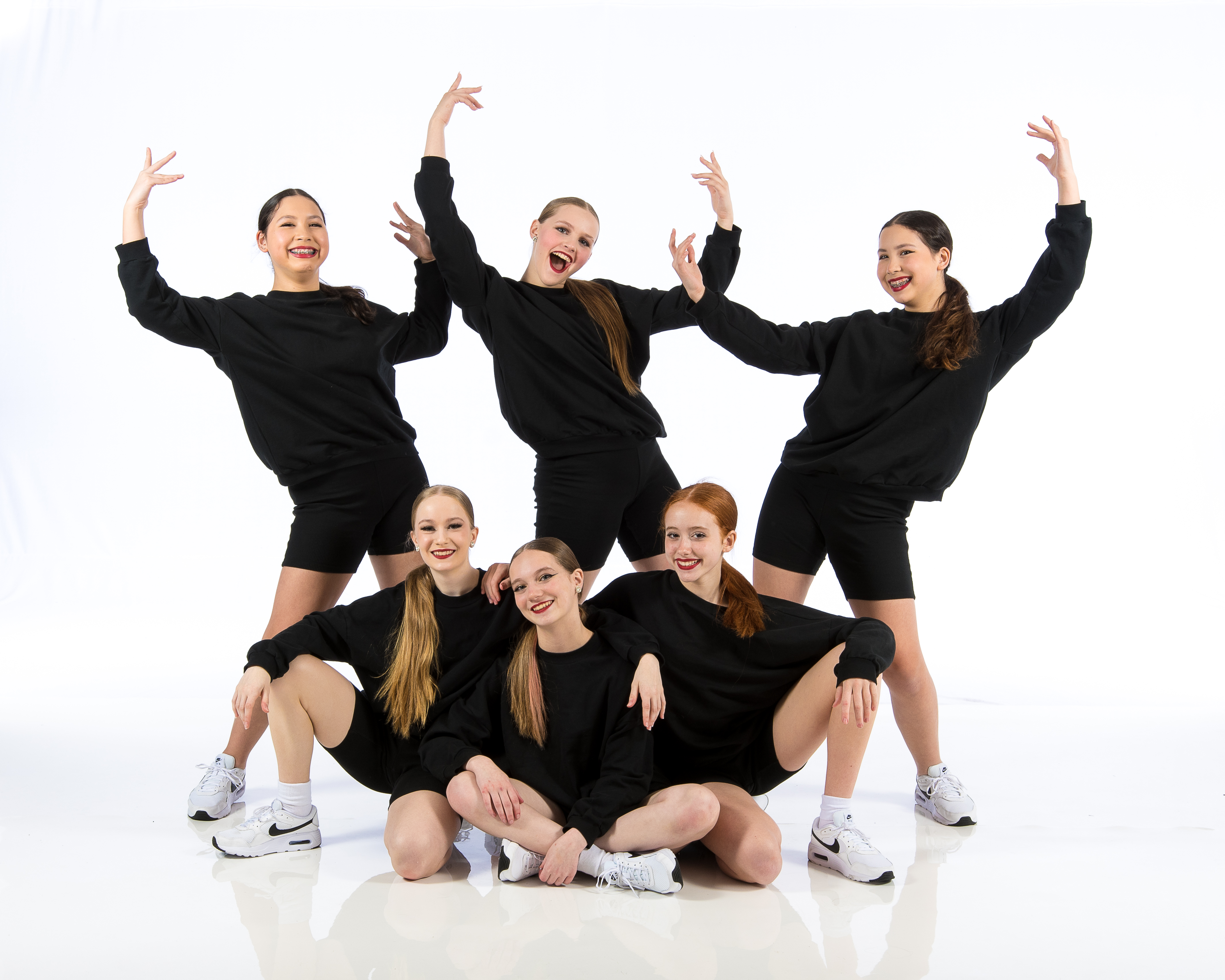Introduction
Stepping right into a dance studio for the very first time is an electrifying experience, one that can stir an alcoholic drink of feelings-- enjoyment, uneasiness, expectancy. Whether you're an experienced dancer or simply starting your journey, recognizing the subtleties of dance studio rules can boost your experience and improve your partnerships with instructors and fellow professional dancers alike. In this extensive overview, we'll dive deep right into Mastering Dance Studio Etiquette: Essential Tips for Beginners and Pros Alike

From basic regulations to advanced factors to consider, this write-up will certainly cover every little thing you require to find out about navigating the vivid globe of dancing workshops. So tighten those shoe laces and let's obtain started!
The Significance of Dance Studio Etiquette
Why Etiquette Issues in Dancing Studios?
In any creative setting, etiquette plays an essential duty in maintaining consistency and regard among individuals. Dance studios are no exception. Excellent etiquette promotes a favorable environment where imagination can flourish.
- Respect: Being thoughtful in the direction of teachers and fellow dancers develops shared respect. Focus: Proper behavior lessens interruptions, allowing everyone to concentrate on learning. Community: Etiquette assists produce a helpful neighborhood that motivates growth and camaraderie.
Common Misconceptions About Dance Studio Etiquette
Many beginners hold misconceptions regarding what comprises ideal behavior in dance workshops. Allow's disprove some myths:
- Myth 1: "Just advanced professional dancers require to follow etiquette." Fact: Rules is vital for all degrees; it shows professionalism. Myth 2: "Teachers are too strict concerning regulations." Fact: Teachers impose rules to maintain order and respect.
Basic Dance Studio Etiquette for Beginners
Dress Code: What to Wear?
First impressions matter! The right clothing not just reflects your commitment yet additionally boosts your performance. Below's just how to clothe suitably:
- Comfort: Pick garments that permit free movement. Footwear: Invest in good-quality shoes fit to your dance style.
|Dancing Design|Suggested Clothes|| -------------|-------------------------|| Ballet|Leotard, tights, ballet slippers|| Hip-Hop|Baggy clothing, sneakers|| Faucet|Comfortable garments, faucet shoes|
Arriving in a timely manner: Preparation is Key!
Being late can disrupt the whole course. Objective to come to the very least 10 mins early to:
- Warm up. Settle in mentally.
Tip: If you're running late as a result of unpredicted conditions, educate the instructor beforehand.
Quiet Zone: Keeping Silence Before Class
Dance workshops grow on emphasis. Keep discussions to a minimum prior to course begins to make certain everyone can prepare mentally.
Intermediate Dance Studio Rules: Building Relationships
Respecting Individual Room in Class
Every dancer deserves their area throughout practice. Prevent crowding others while practicing relocations or routines.

Why It Matters: Valuing individual area promotes convenience and assists in far better discovering experiences.
Listening Actively During Instructions
When an instructor is speaking, it's critical to listen. Energetic listening shows respect and helps you realize important concepts.
How To Program Active Listening:
Maintain eye call with the instructor. Nod when appropriate. Ask clarifying inquiries if needed.
Advanced Dance Studio Etiquette: Boosting Your Experience
Providing Useful Feedback Wisely
As you grow much more experienced, sharing feedback enters into the culture. Nonetheless, technique this delicately:
Focus on certain movements rather than basic critique. Offer pointers only if obtained by peers.Encouraging Others: Building Community Spirit
Support your other dancers via inspiration:
- Compliment their initiatives genuinely. Celebrate their accomplishments openly.
Mastering Dance Studio Rules: Vital Tips for Beginners and Pros Alike-- The Trainers' Perspective
Understanding Instructor Expectations
Instructors usually have details assumptions pertaining to habits in course. Familiarizing on your own with these can significantly improve your discovering experience:
Listen diligently when they speak. Follow guidelines precisely. Give your best shot during every session.Building Relationship with Your Instructor
Establishing a great relationship with trainers can be useful for your development as a dancer:
- Ask questions related to choreography or technique after class. Thank them for their assistance post-class; appreciation goes a lengthy way!
Handling Problem With dignity in the Dance Studio Environment
Dealing with Disagreements Among Peers
Conflicts may develop within any type of team setup; knowing how to manage them with dignity is important:
Approach the person independently without rising tension. Use "I" statements instead of "you" statements (e.g., "I really felt ignored when ...").Addressing Problems with Trainers Professionally
If you have problems concerning direction or class characteristics:
Request a private conference after course hours. Express your sensations constructively concentrating on services instead of complaints.The Role of Non-Verbal Interaction in Dancing Studios
Understanding Body Language Signals
Dance naturally involves non-verbal interaction; comprehending exactly how body movement features in this context is necessary:
Positive body language (e.g., open posture) fosters connection. Negative signals (crossed arms) may convey defensiveness or disengagement.Using Eye Get in touch with Effectively Throughout Classes
Maintaining eye call with trainers conveys attentiveness while Browse this site also assisting build connection amongst peers throughout team performances!
FAQs
Q1: What should I put on for my very first dance class?
A1: Choose comfortable clothing that enables complimentary activity-- yoga exercise pants or tights coupled with an equipped top works well!
Q2: Is it okay to miss out on courses occasionally?
A2: Life happens! Notify your instructor beforehand when possible; they'll value your consideration.
Q3: Exactly how do I handle sensation reluctant around various other dancers?
A3: Start small-- introduce yourself one-on-one before increasing interactions progressively as experience grows!

Q4: Can I bring friends along to observe classes?
A4: Most workshops like prior plans; get in touch with management initially so they recognize additional attendees!
Q5: What happens if I differ with a teacher's feedback?
A5: Approach them professionally post-class; share feelings utilizing "I" statements concentrating on constructive discussion as opposed to confrontation!
Q6: Must I participate in performances even if I'm new?
A6: Absolutely! Getting involved boosts self-confidence-- speak up concerning any kind of hesitations so accommodations can be made accordingly!
Conclusion
Mastering dance studio decorum isn't nearly following rules; it has to do with cultivating an enriching environment where everybody really feels valued and motivated-- whether you're just starting or refining innovative techniques as a skilled pro! By sticking carefully to these important pointers detailed right here under Mastering Dance Studio Decorum: Important Tips for Beginners and Pros Alike, not only will you boost your own experience yet likewise add favorably in the direction of supporting an inviting community within each dance studio you poise with your existence! So take these insights onward right into every studio area you go into-- and let the rhythm lug you towards excellence!